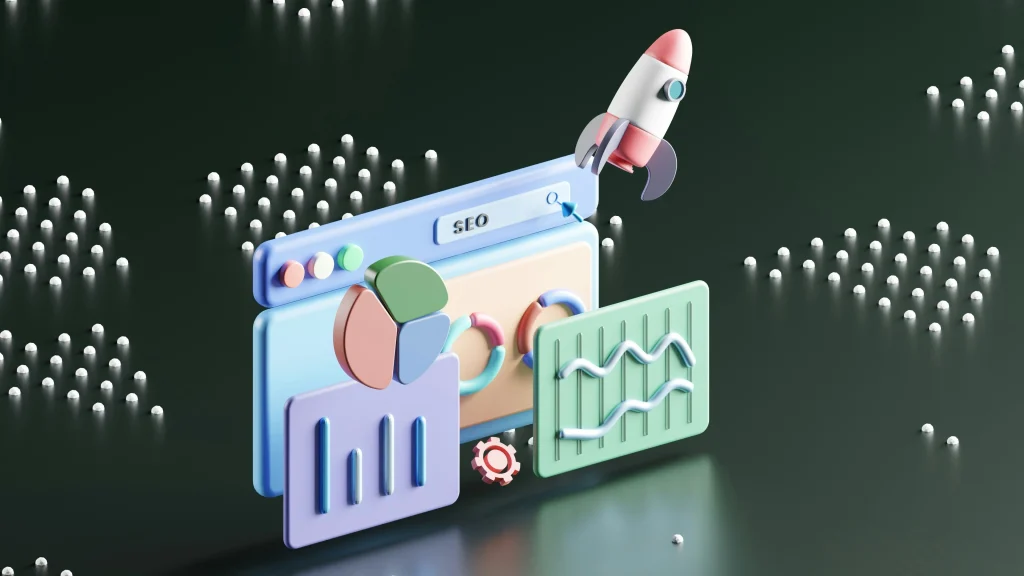Generative AI is reshaping the way app marketers work—enabling them to move faster, think smarter, and create more dynamically than ever before. While it doesn’t necessarily replace traditional marketing methods, it instead complements and enhances them, transforming how marketers design and execute strategies. As a result, its impact reaches multiple areas, such as content creation, personalization, audience segmentation, campaign scalability, and automation. Moreover, it’s also democratizing access to advanced digital tools—tools that were previously out of reach for smaller teams or companies.
Here’s a breakdown of key areas where generative AI is making a significant difference in digital marketing:
- Data Analysis and Audience Segmentation: AI can analyze large amounts of data in real time. Furthermore, it can segment audiences into specific groups based on their interests, behaviors, and preferences.This allows marketers to segment audiences into highly specific groups based on behavioral data, interests, location, device usage, past purchases, and even in-app interactions.
- Content Personalization: AI enables content personalization based on user behavior and preferences. AI uses customer data to personalize messages, product suggestions, and content, boosting user experience and driving higher conversions. With AI, businesses can create tailored emails, recommendations, and visuals that resonate, enhancing engagement and increasing conversion rates.

- Chatbots: AI-powered chatbots go far beyond answering FAQs. In fact, they can provide assistance and answer customer questions in real time. As a result, this promotes a better customer experience by providing quick responses to their needs.

- Process Automation: AI can automate repetitive and routine tasks. This can automate sending emails, posting content on social media, and managing advertising campaigns. This frees up time and resources for marketers to focus on strategic and creative activities.

- Campaign Optmization: AI helps maximize ROI by analyzing campaign performance data and making real-time adjustments for better results. It allows marketers to fine-tune messages and offers based on audience behavior and engagement patterns instantly. With AI, advertising campaigns can become more adaptive, targeting the right users at the right time.
Some of the most notable benefits of AI in digital marketing include process automation, greater personalization, and enhanced decision-making. The key now is to leverage AI with clear intention, a well-defined strategy, and a strong commitment to ethical use. As this technology continues to evolve, marketers who adopt it thoughtfully position themselves to drive meaningful results and build lasting connections with their audiences.


